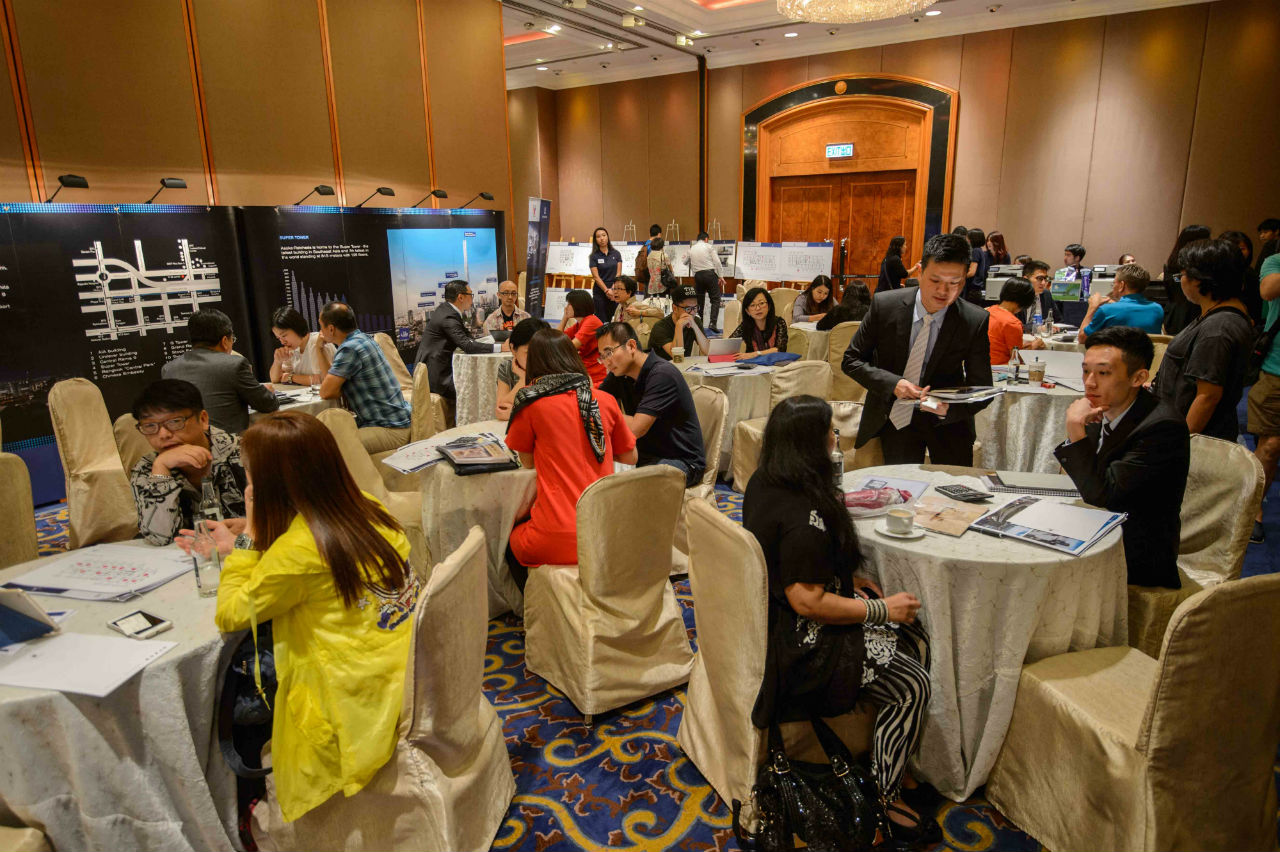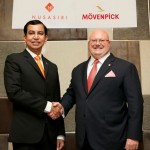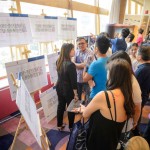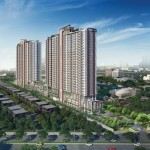Experts are unsure of what’s next for Thailand’s real estate industry with the current slowdown possibly carrying on for the remainder of the year. And while the government’s infrastructure projects continue to progress, it is unclear if this will be enough to raise the Consumer Confidence Index and help the nation’s economic recovery. This means developers are creating a flexible marketing strategy to stay agile in these uncertain market conditions.
More projects are expected to be launched during the next five months as developers hope for a domestic turnaround. The first four months of this year saw a limited number of projects launched when compared to the same period of the last year. Volume was down 22 percent y-o-y with fewer housing estates and condominium launches taking place.
Sales volume from newly launched projects was also lower y-o-y with Thai developers more focused on selling current units and transferring these to buyers in order to reduce stocks. This priority shift allowed them to take advantage of the government stimulus package which expired in April. The 15 leading developers in Thailand recorded sales of THB48 billion during the first quarter, a significant drop from 2015.
In order to hedge their bets, developers have been hitting the road to drum up interest from abroad. Roadshows in places like Hong Kong and Singapore have become a trendy marketing strategy among developers. The overseas exhibitions try to entice investors by focusing on higher-yield rates, but buyers looking for a holiday home are also targeted.
The company that best exemplifies roadshow marketing is Sansiri who has exhibited both downtown and provincial condominiums to overseas customers. They have managed to supplement revenues because of an increase in foreign buyers from Mainland China and Hong Kong. Nusasiri, SC Asset, Ananda and Origin Property are other Thai developers adopting this marketing strategy in an attempt to stimulate sales during the weak domestic economic climate.



